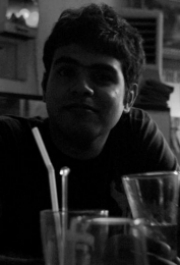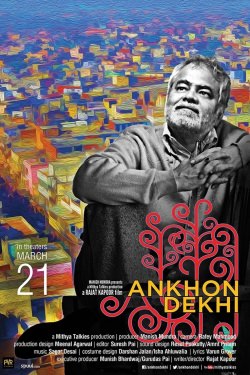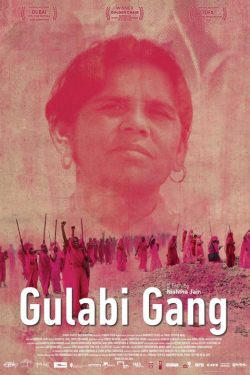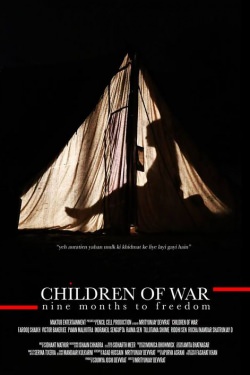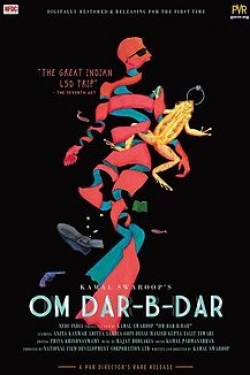Top Rated Films
Uday Bhatia's Film Reviews
-
A worthwhile road movie despite an over-reliance on toilet humour…
-
There’s a sharpness here, allied with a lightness of touch, that recalls recent Woody Allen. Though Baumbach has always doffed his hat to Woody, it’s difficult to imagine the old master doing better with the same material.
-
There’s a desperation to most of the film’s scenes, as if the writers were being forced to come up with material on the spot. I’m not sure why Om Puri agreed to act in a film in which his character is forced to do 17 squats by way of apology, but he did, and it’s brutal. But the film really begins to lose its marbles when a Pakistani army cook risks his life to bring food and water to the Indian fowl-fetcher in no man’s land.
-
A by-the-numbers follow-up to ‘The Avengers’…the best you can say about the film is that it’s efficient. It certainly isn’t inspired.
-
I take no pleasure in running down a film that’s obviously been strung together on a minuscule budget, but couldn’t everything have been thought through a bit more? The screenplay trades in the worst kind of virtuous-villager/seeing-the-face-of-God-in-a-child clichés. The camerawork is all over the place, favouring close-ups when none are required and occasionally shifting to shaky, hand-held shots, with disastrous results. The colour scheme is too dark, though even when you peer through, there’s nothing of interest to see.
-
An enjoyably silly movie, and a fitting send-off to Paul Walker…
-
Neill Blomkamp’s latest is about thinking robots and unthinking humans…
-
The violence which almost caused the censors to ban the film is still there, and very disturbing indeed. Yet, it doesn’t feel like a put-on. There’s no flamboyance to it; it isn’t movie violence—which is why I have a small issue (oblique, spoiler) with the last-gasp attempt to feed the audience’s need for retribution. It may have been dramatically necessary—every nerve in my body was crying out for it—but it was also slightly implausible. Still, this is a minor quibble.
-
This is Warrier’s first feature, which might account for a couple of blind spots: too much holy-earth-karma blather on the voice-over, a bland soundtrack, touristy photography. Yet there are also moments when Coffee Bloom’s characters access deep reserves of hurt and despair, which is when the film’s bruised, beating heart is laid bare.
-
Like Madras Cafe last year, Children of War is a welcome indication that some Hindi filmmakers are starting to look outside India for stories. That Devvrat tackles his subject head-on is something else to feel encouraged about.

